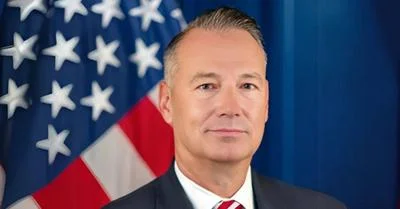Chicagoans could see a 28.2 percent monthly tax increase on land and cell phone lines billed to a city address if Gov. Bruce Rauner signs into law a measure that crept through the Legislature earlier in June.
Residents would be forced to pay a $5 tax on monthly cell phone bills, up from $3.90, with the added revenue pegged to go toward the runaway costs and debts associated with the Laborers Pension Fund.
Seemingly putting the measure's debate on mute, the Senate and the House approved the second such increase over the last three years. The current increase comes as part of a broader telecommunications bill slated to cover needed funding for 911 emergency center upgrades.
The measure, which passed the House with no Republican support, is now waiting for Rauner, who opposes it, according to the Chicago Sun-Times.
“This bill will make it harder for families to pay their bills,” Chris Lentino, manager of Chicago outreach for the Illinois Policy Institute, told Chicago City Wire. “Legislators continue to raise taxes when what’s clearly needed is reform.”
Three years ago, the city imposed a 56 percent phone tax increase, with the monthly surcharge jumping from $2.50 to $3.90 for all land and cellphone lines. Back then, a family of four with four cellphones and a land line was slapped with an additional cost of nearly $100 a year.
With the latest proposed increase, Ward 2 Alderman Brian Hopkins said he has already witnessed an uptick in the number of people using non-city addresses for cell phone billing as a way of getting around the added taxes.
“This hurts low-income people the most,” Lentino said. “They’re more likely to be dependent on cell phones. The mayor keeps saying the increases are for upgrades for the system, but they’re doing all the upgrades on the backs of taxpayers. At what point do you deal with the real issue?”
Lentino accused lawmakers of continue a habit of spending money they don't have.
“We have a spending problem in Illinois and Chicago, and the biggest driver of all the spending is the pension plan,” he said. “It’s a structural problem, and throwing more money at it won’t fix the problem.”
Lentino points out residents across the state already pay some of the highest property, sales, cell phone and 911 surcharge taxes in the country.
“It’s clear tax increases are not fixing the problems,” he said. “We need to look at meaningful pension reforms.”






 Alerts Sign-up
Alerts Sign-up